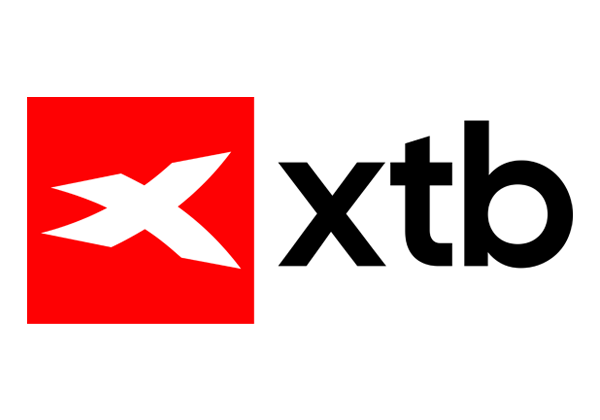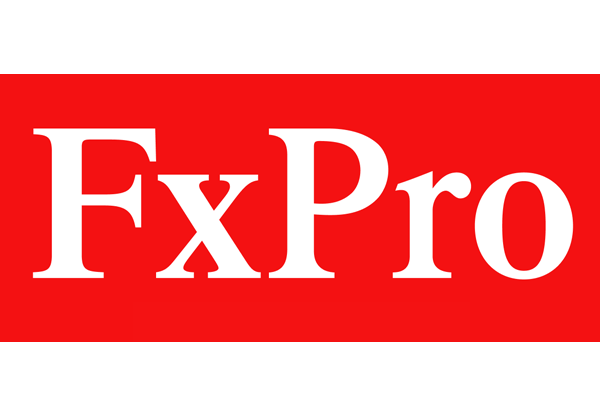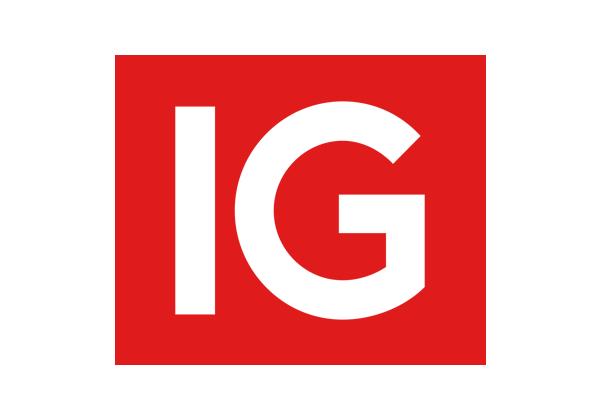Carlo
1 week, 6 days agoIt’s hard to feel optimistic about Tesla’s future right…
Read the comment

Seeking fresh investment opportunities on the financial market? Investing in the stock market can be an excellent strategy to grow your wealth over the medium to long term. At bestbrokers.co.uk, we provide a comprehensive analysis of the best online brokers, evaluated based on their brokerage fees, custody fees, unique advantages, and the minimum deposit required to open an account.
| Broker | Advantages | Min. commission | Min. fees | Number of stocks | Number of ETFs | Min. deposit | Visit |
|---|---|---|---|---|---|---|---|

ActivTrades |
|
0.05% | £1 | 1000 | 400 | £0 |
Visit the site Our review |

Admiral Markets |
|
0.02% | £0 | 380 | 380 | £100 |
Visit the site Our review |

XTB |
|
0% | £0 | 3686 | 1350 | £10 |
Visit the site Our review |

eToro |
|
0% | £0 | 5558 | 680 | £50 |
Visit the site Our review |

FxPro |
|
0.9% | £0 | 2000 | 22 | £100 |
Visit the site Our review |
The simplest way to explain what the stock market is: imagine an enormous market where each stall sells shares of companies, commonly referred to as “stocks.”
When you see a large number of people queueing at a particular stall, it means the company behind it is performing well; it’s popular. As a result, the price of that company’s stock rises because many people want to buy a share of it.
Conversely, if you notice that a stall is almost deserted and no one is interested in it, it typically indicates that the company is not doing well. In this case, people are less inclined to buy shares of that company; they often prefer to sell their existing shares. Consequently, that company’s share price will drop.
Using our market example again: imagine you own shares in one of the stalls in this vast market that is the stock exchange. When the stall—representing a company—makes profits, it decides to share those profits with its owners, which includes you, the shareholder.
The company director walks around the market, stops by your stall, and places a portion of these profits into your till. As a stall owner, you receive your share of the profits.
This share you receive is what we call a “dividend.”
Investing, especially in the stock market, always carries a certain degree of risk. However, this risk can be put into perspective, particularly if you adopt a long-term view.
Here’s a concrete example:
You’ve just purchased a share in a company. Naturally, the share price will fluctuate over time, depending on that company’s performance and the state of the global economy.
This is where risk comes in: if the share price drops, you might be tempted to sell for fear it might fall further. If you do sell, you realise a loss.
However, if you take a long-term perspective and resist the urge to sell when the price goes down, you do not lock in that loss. As long as you don’t sell, you haven’t “lost” money—at least not in real terms.
Of course, assuming the company doesn’t go bankrupt and performs well over time, the share price will likely rise again eventually. Should you decide to sell at that point, you would realise a profit.
If you wish to invest your money by purchasing stocks on the market, you have a few options:
| Share dealing account | ISA | ETF | Life insurance-based investment | |
|---|---|---|---|---|
| Limit | None | £20,000 per tax year (example limit) | None | None |
| Funds availability | Anytime | Anytime (though annual allowance still applies if you re-deposit) | Anytime | Depends on policy terms |
| Geographic restrictions | None | None (subject to ISA provider’s terms) | None | None |
| Management fees | Variable (Generally low with online brokers) | Variable (Generally low with online brokers) | Low | Can be higher |
In the complex world of the stock market, choosing the right broker can make all the difference. Below is our top 3 list of the best stock brokers to help you make your trades confidently:
 IG is a renowned broker offering a wide range of financial instruments, including shares, ETFs, and Turbos. With an intuitive and powerful trading platform, IG makes market access straightforward for investors of all experience levels. Moreover, IG stands out for its competitive fees and responsive customer service, making it a preferred choice for diversifying and optimising your portfolio.
IG is a renowned broker offering a wide range of financial instruments, including shares, ETFs, and Turbos. With an intuitive and powerful trading platform, IG makes market access straightforward for investors of all experience levels. Moreover, IG stands out for its competitive fees and responsive customer service, making it a preferred choice for diversifying and optimising your portfolio.
Strengths: Wide selection of instruments Advanced platform Quality customer service
Minimum deposit: £0
Our verdict:
 XTB is a broker that provides exceptional conditions for share purchases, with zero commission up to a certain monthly transaction threshold. Combined with its user-friendly trading platform and wide range of financial instruments, XTB is one of the most competitive brokers in the market, especially for those looking to open share dealing accounts.
XTB is a broker that provides exceptional conditions for share purchases, with zero commission up to a certain monthly transaction threshold. Combined with its user-friendly trading platform and wide range of financial instruments, XTB is one of the most competitive brokers in the market, especially for those looking to open share dealing accounts.
Strengths: Low transaction costs Innovative xStation5 trading platform Excellent customer service
Minimum deposit: £10
Our verdict:
 Although ActivTrades does not offer a share dealing account, it provides some of the lowest CFD spreads in the market. One major benefit of CFDs is the ability to trade on a stock’s volatility, whether it’s rising or falling. Moreover, you can use a stop-loss to automate the closure of positions, thus limiting potential losses—something not available with a standard share dealing account.
Although ActivTrades does not offer a share dealing account, it provides some of the lowest CFD spreads in the market. One major benefit of CFDs is the ability to trade on a stock’s volatility, whether it’s rising or falling. Moreover, you can use a stop-loss to automate the closure of positions, thus limiting potential losses—something not available with a standard share dealing account.
Strengths: Client funds protected up to £1 million Market-leading low spreads
Minimum deposit: £0
Our verdict:
Last updated on 20/03/25